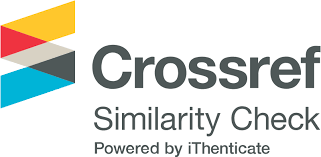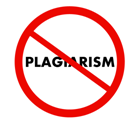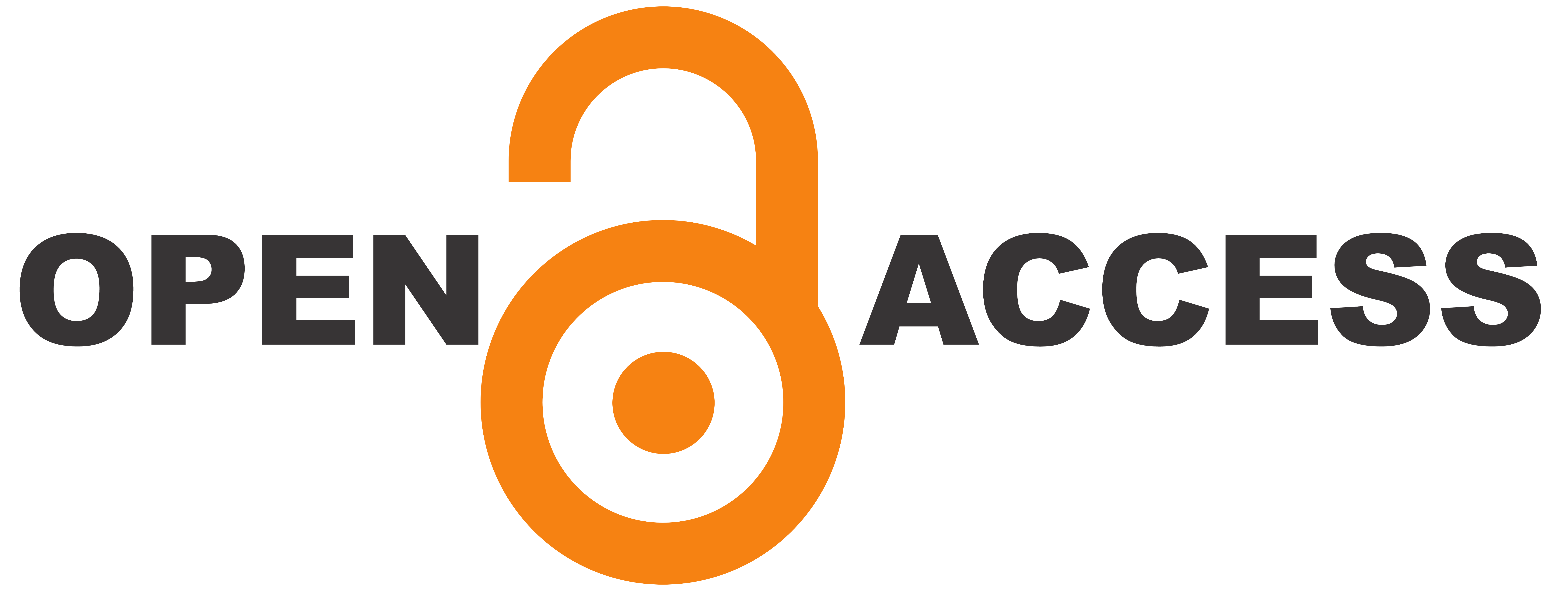UNDERSTANDING THE IMPACT OF DIGITALISATION ON SOCIETY
DOI:
https://doi.org/10.59415/mjacs.v2i1.43Keywords:
digital technologies, socio-technical system, goods and services, value creation, trade and commerce, theoretical understanding, embodied knowledge, embodiment and digitality, broadening futures, digi-grasping, digital physical world, digital knowledge, positive impacts, negative impacts, importance of digital media, forecast of the digital society, usage in industries, job opportunities, impact on society, media and politics, lifestyle and culture.Abstract
This paper explores the impact of digitalization on society, covering various aspects such as the transformation of goods and services, value creation, and trade and commerce modalities. It delves into the theoretical understanding of digitalization, encompassing not only technological aspects but also social, ethical, and political considerations. The concept of digi-grasping is introduced as a means to comprehend and engage with the digital world. The paper highlights both the positive and negative impacts of digital media, emphasizes its importance in various industries, and examines its influence on society, politics, lifestyle, and culture. The conclusion emphasizes the significance of learning how to effectively utilize digital media for the betterment of society.
Downloads
References
Ailistu, J. Collin, Googal scholar.
Wikipeadia : D Carolgn Heinrich, B.Coxall – 2003, Andrews – 2020.
Downloads
Published
How to Cite
Issue
Section
ARK
License
Copyright (c) 2023 Vijay Duggappa

This work is licensed under a Creative Commons Attribution 4.0 International License.
License Statement
This work is licensed under a Creative Commons Attribution 4.0 International License (CC BY 4.0).
Authors who publish with mLAC Journal for Arts, Commerce and Sciences (m-JACS) retain copyright of their articles and grant the journal the right of first publication.
This license allows others to share, use, and build upon the work—commercially or non-commercially—as long as appropriate credit is given to the original authors and source, and any changes are indicated.
The journal encourages open access and supports the free exchange of knowledge while ensuring proper attribution of original work.


















